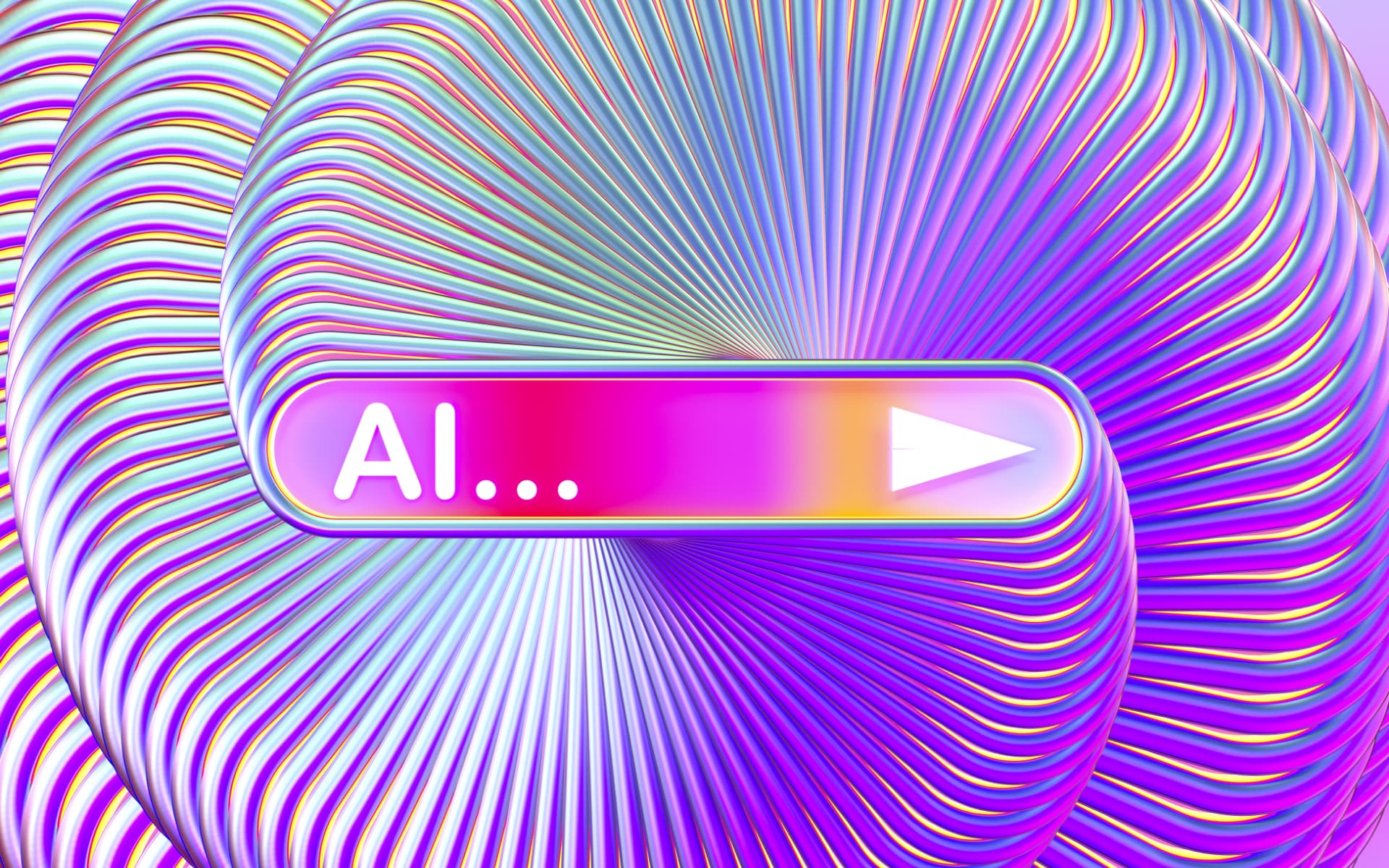

Topics
3 min read time
In the race to integrate AI into every corner of business, there’s one element that stands between success and stagnation: trust. Trust in AI goes beyond functionality—it’s about ensuring AI systems are transparent, ethical, and designed with human interests at their core.
No matter how revolutionary the technology is, AI’s potential will be hamstrung if employees and customers don’t trust it. Without AI trust, innovation stalls and transformation stops.
A 2023 KPMG report revealed that 61% of people are either ambivalent about or unwilling to trust AI. This pervasive doubt poses a significant barrier to fully utilize AI's potential.
Building trust in AI hinges on two key principles: putting people at the heart of AI design and using AI to amplify—rather than replace—human potential. To succeed with AI in today’s increasingly uncertain technological landscape, it’s crucial to lead with transparency, empathy, and a strong moral compass.
Put people first
Trustworthy AI starts with a fundamental principle: solutions must serve people, not just technology for technology's sake. No matter how sophisticated the algorithms, they fall flat if they fail to address genuine human needs. Too often, organizations rush to deploy AI to tackle technical challenges, overlooking whether these solutions resonate with the end users.
Adopting a people-first approach to AI development involves deeply understanding the needs of the end users before designing the AI system. It’s not about reacting to problems; it’s about being proactive and empathetic. Transparency is the bedrock of trust—you must openly communicate how AI systems operate, where their data comes from, and the rationale behind their decisions.
A critical aspect of this people-first philosophy is AI localization. By ensuring that AI systems are culturally sensitive and able to adapt to different languages and customs, you can create technology that genuinely connects with its users. AI shouldn’t just grasp the words being spoken; it should comprehend the context and emotions that accompany them. This cultural understanding fosters trust, making users feel seen, heard, and understood.
By centering AI around people, businesses not only address significant challenges but also cultivate long-lasting trust.
Trust in AI is directly linked to job security
When it comes to trust in AI, one of the biggest concerns has been the fear of job displacement. But, as we’ve seen with the rise of GenAI, the outcomes many feared have yet to materialize and likely won’t.
Industries like healthcare have benefited from AI automating routine tasks such as data entry and diagnostics, allowing physicians to devote more time to patient care. In customer service, AI-driven tools handle repetitive inquiries, enabling employees to focus on complex, human-centric issues.
The narrative is shifting from "AI will take our jobs" to "AI will transform our jobs." Businesses deploying AI have reported increased job satisfaction, with employees gravitating toward higher-value tasks that require human judgment, creativity, and emotional intelligence.
Building AI trust together
The key to cultivating trust in AI lies in its role as an enabler. By positioning AI as a facilitator of human capabilities, organizations can create an environment where technology and talent coexist harmoniously.
As AI becomes more embedded in our lives, trust is no longer just nice to have—it’s everything. By building trust in AI you can help to prove that the technology works and reshape how your partners, customers, and employees view the role of AI in our world.
As a frontier AI data foundry, Centific is committed to doing what’s right—not just what’s possible. Earning trust in AI means being transparent, listening to the concerns of users, and committing to responsible innovation. Make sure technology works for you, not the other way around.
Are your ready to get
modular
AI solutions delivered?
Connect data, models, and people — in one enterprise-ready platform.
Latest Insights
Connect with Centific
Updates from the frontier of AI data.
Receive updates on platform improvements, new workflows, evaluation capabilities, data quality enhancements, and best practices for enterprise AI teams.


